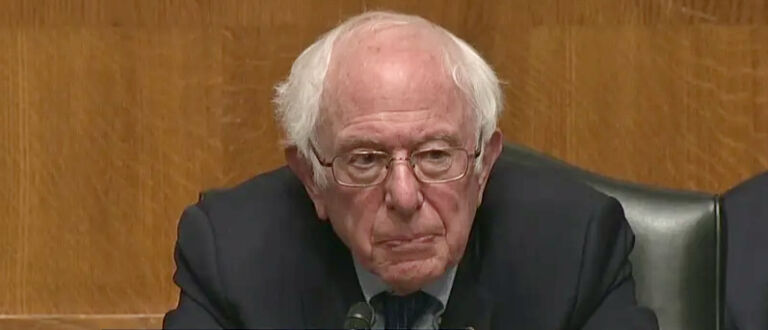Peter Gattuso explains at National Review Online why critics are wrong to reject profit as a positive force in society.
We’re told that capitalism is all about profit and self-interest. Despite the implicit negative connotation here, there is indeed some validity to it. Individuals generally prefer to earn more money than they spend; hence, a pursuit of profit. The decisions individuals make on a daily basis are significantly shaped by their desire to improve their own lives, though this self-interest is not the only sentiment that motivates us, as selflessness permeates within society nonetheless.
These motives encourage producers to be more than mere builders: to be innovators. A better product (as defined by consumers) will reward the innovator for the additional value the consumer gains.
Jason Hickel, a democratic socialist, academic, and leading proponent of “degrowth” theory, recently highlighted an ostensible shortcoming of the market-driven economy.
The alleged sin Hickel identifies is that innovation requires profitability. But what is the alternative? If something is not profitable, then it incurs losses and carries a cost. In Hickel’s idealized “post-capitalist economy,” who would bear that cost? That much is conveniently left unclear.
A critical flaw in Hickel’s argument is his treatment of capital as if it were physical matter, when it is simply a representation of value. As the French economist Jean-Baptiste Say observed in 1819, “capital is always immaterial by nature, since it is not matter which makes capital, but the value of that matter.” Capital does not choose to invest in innovations. People invest in innovations they believe others would consider valuable. That Hickel values certain innovations more than the market does is not an indictment of capitalism, but simply a disagreement over what “would dramatically improve well-being and ecology.”
Critics like Hickel may scoff at the relentless pursuit of profit. Yet it’s this very pursuit for abundance that has reduced poverty and famine, skyrocketed literacy rates, protected us from natural disasters, and even made us live longer.

